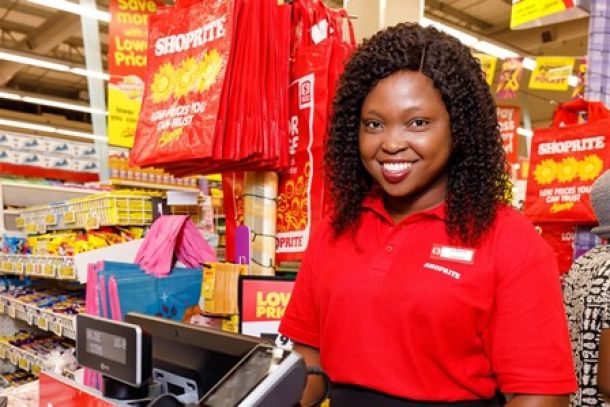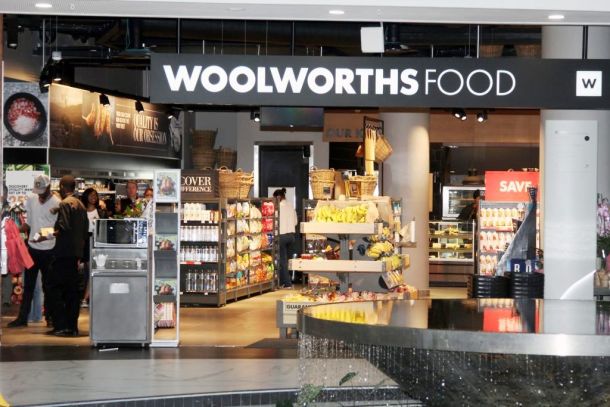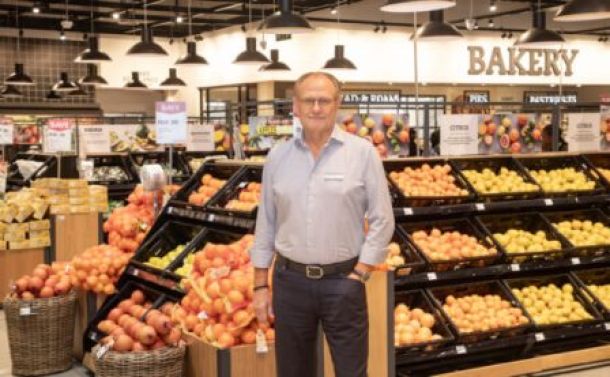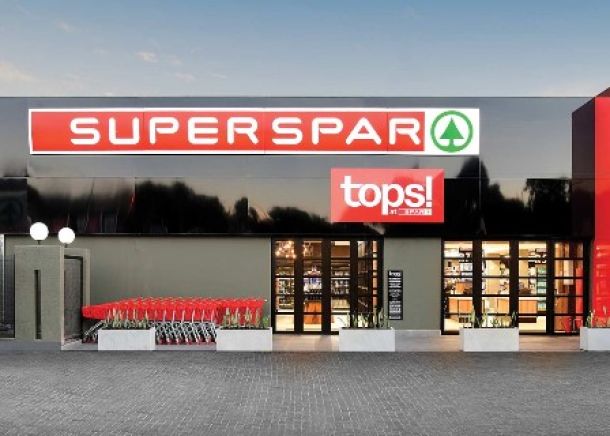Woolworths Black Economic Empowerment share scheme matures
Capital payout of R2.4 billion - R332 million in dividends paid during life of scheme
Woolworths announced the maturity of its Black Economic Empowerment Employee Share Ownership Scheme (BEEESOS).
The scheme was launched in 2007 as part of the company’s Good Business Journey and is one element of the company’s commitment to socio-economic transformation. Woolworths was the first retailer to launch an empowerment scheme with BEEESOS shares allocated to previously disadvantaged employees on the basis of both length of service and seniority. The scheme represented approximately 10% of the ordinary share capital of Woolworths at the time.
The strong performance of the business over the past eight years has created R2.4 billion for the participants, who have also enjoyed dividends of R332 million during the life of the scheme.
Woolworths Employee Education Fund will also benefit from the unwinding of the scheme.
Sam Ngumeni, Chief Operating Officer: Human Resources and Transformation, Supply Chain, Logistics & IT at Woolworths, said: “Woolworths is extremely pleased with the success of the empowerment scheme. Including our employees in the financial benefits of the growth of the business was an important step and part of a range of transformation initiatives we continue to drive as part of Woolworths Good Business Journey.’
A summary of the key elements of the Black Economic Empowerment Employee Share Ownership Scheme:
-
In 2007, Woolworths created a new class of participating convertible, redeemable, non-cumulative preference shares to be held in a special Trust for the duration of the scheme. These shares represented approximately 10 % of the total share capital of Woolworths at the time. They carried voting and dividend rights.
-
The scheme was open to all employees who were employed as at 1 May 2007, and who were still employed at the initial vesting date (30 June 2007), with the exception of white employees who already participated in an existing Woolworths share ownership scheme. Shares were allocated on the basis of both length of service and seniority.
-
The special Trust has owned the BEEESOS shares for a period of eight years, and distributed dividends to the beneficiaries accordingly (Woolworths pays dividends twice each year).
-
The BEEESOS shares have now been converted into Woolworths ordinary shares, which the beneficiaries were entitled to hold or realize.
-
Woolworths Employee Education Fund will also benefit from the unwinding of the scheme.
Woolworths and Transformation
Woolworths approach to transformation is holistic in nature – transforming the way we do business across all aspects of the DTI Scorecard – and collaborative in approach, working in partnership with our partners, our suppliers, and the public sector including government.
Other key BEE initiatives:
-
Preferential procurement: Woolworths is committed to growing the number of BEE supplier partners in our supply chain.
-
Employment equity targets are also a key focus for us and we will continue to accelerate the development of core retail skills through focused training initiatives.
-
Further, enterprise development is important to our business and Woolworths has set up teams devoted to working more closely with emerging suppliers.
News Category
- International retailers
- On the move
- Awards and achievements
- Legislation
- Wine and liquor
- Africa
- Going green
- Supplier news
- Research tools
- Retailer trading results
- Supply chain
- Innovation and technology
- Economic factors
- Crime and security
- Store Openings
- Marketing and Promotions
- Social Responsibility
- Brand Press Office
Related Articles

Shoprite Group's affordability focus wins with ...

Woolworths expects 19% cut in full-year earnings

Pick n Pay plunges 16% on JSE as stock adjusts ...

Clicks reports resilient first-half as earnings...


